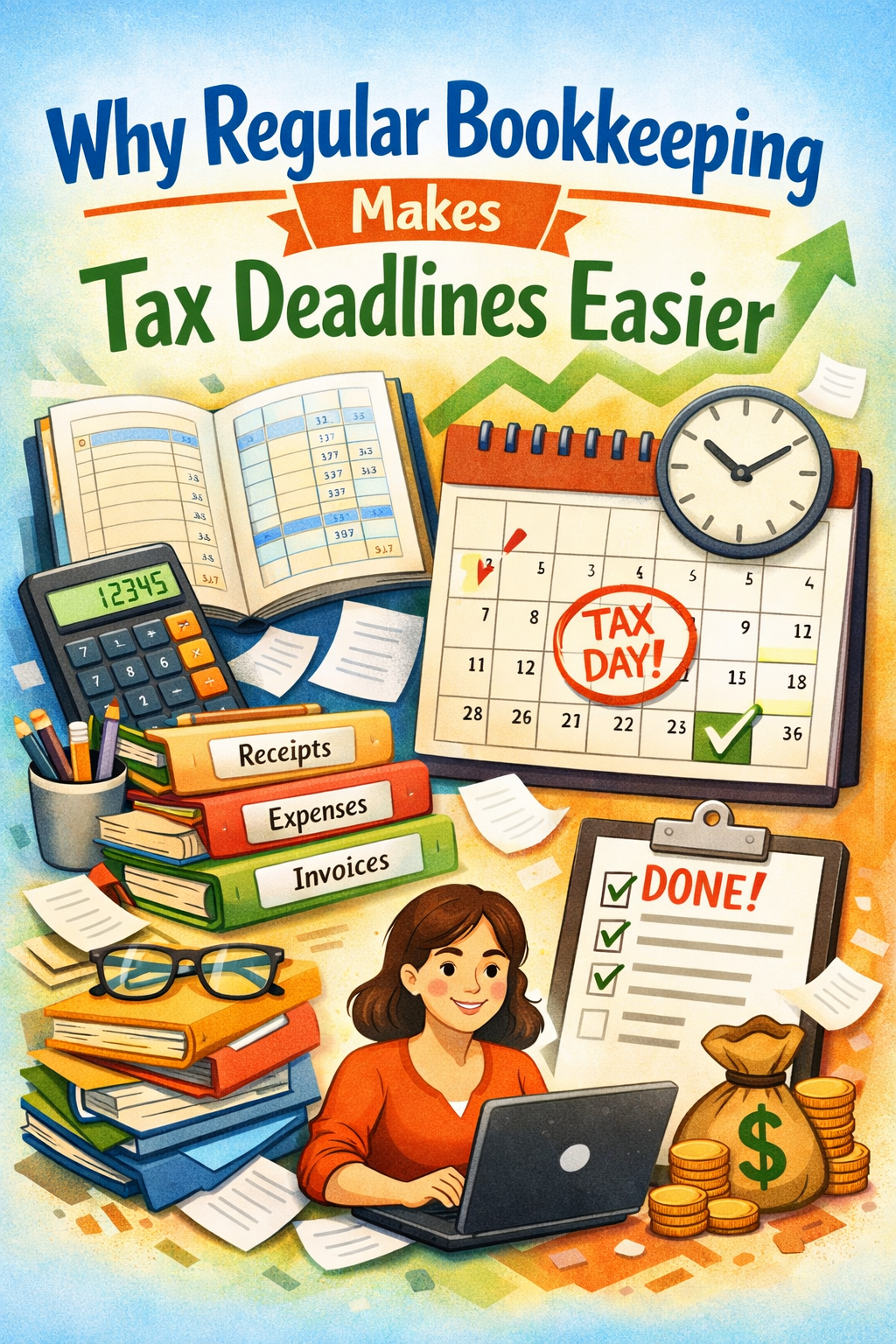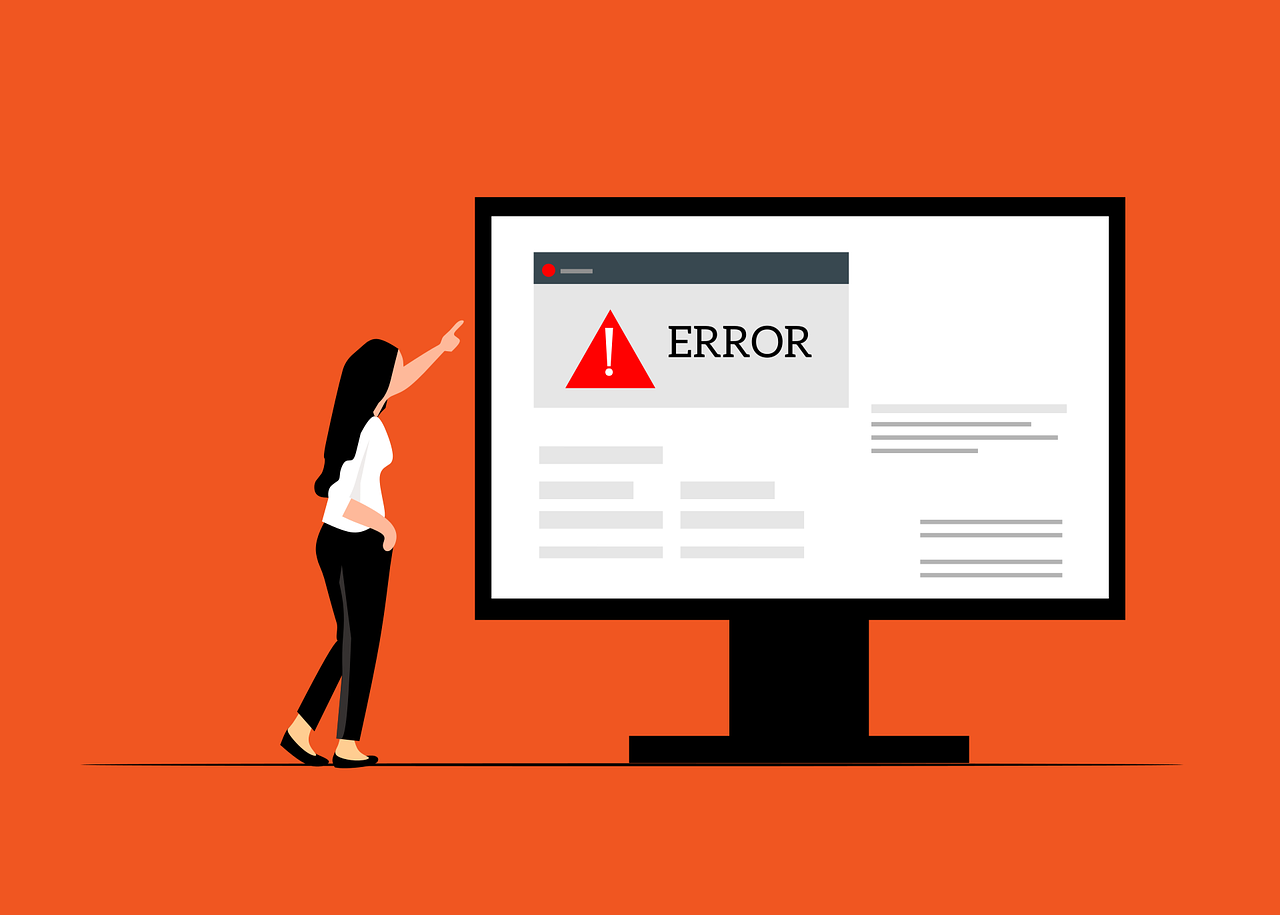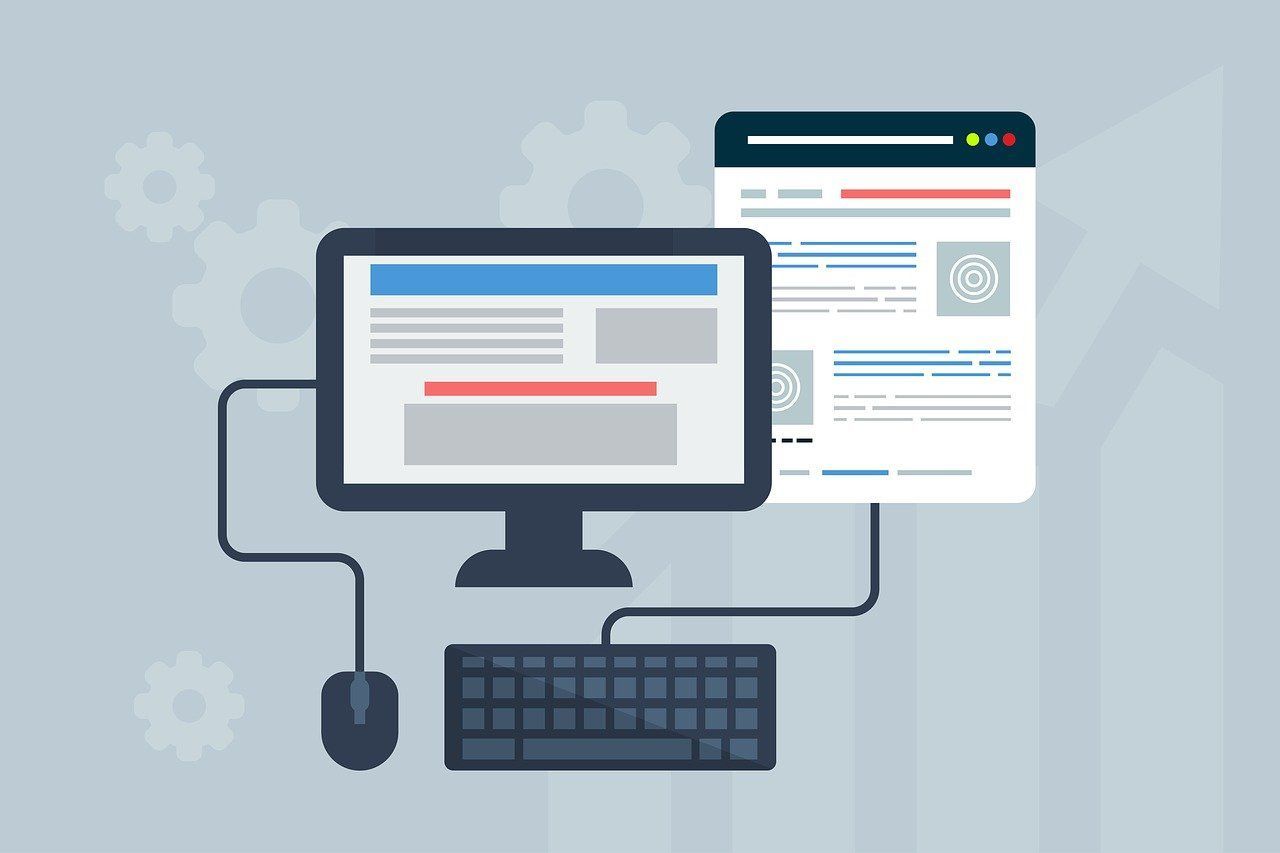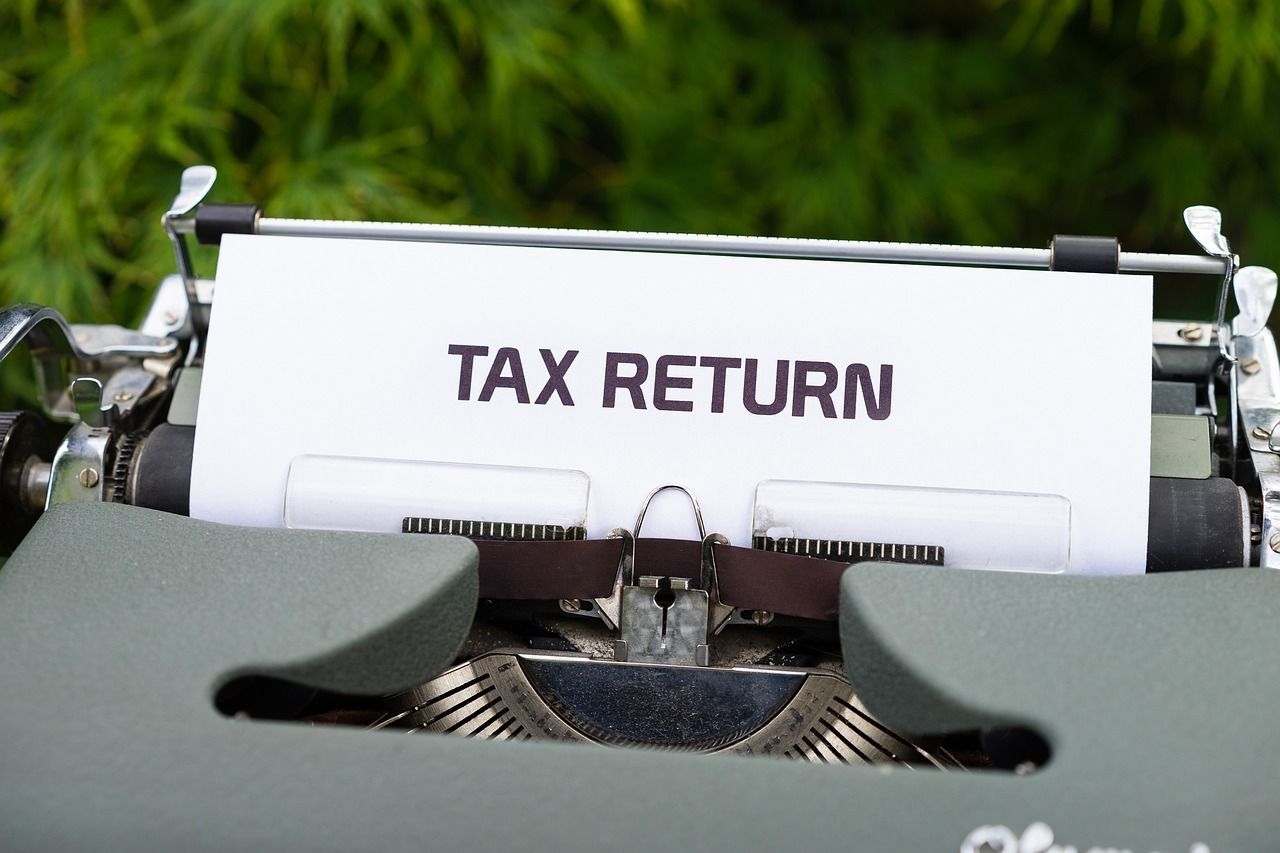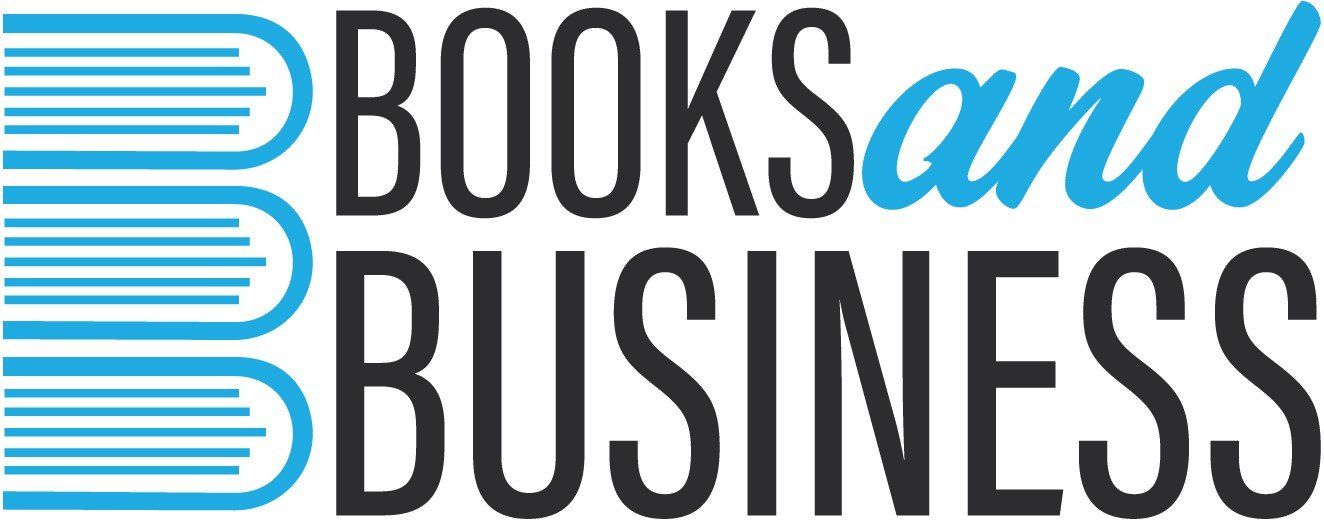Insights & Updates
Here you’ll find practical updates and guidance on bookkeeping, VAT, and Making Tax Digital, written for small business owners who want to stay informed without wading through jargon.
The content is intended as general guidance and may not apply to every situation. If you’d like advice tailored to your business, we’re always happy to talk it through.
Disclaimer. The information shared here is for general guidance only and does not constitute personalised professional advice. If you need advice specific to your circumstances, please seek appropriate professional support.
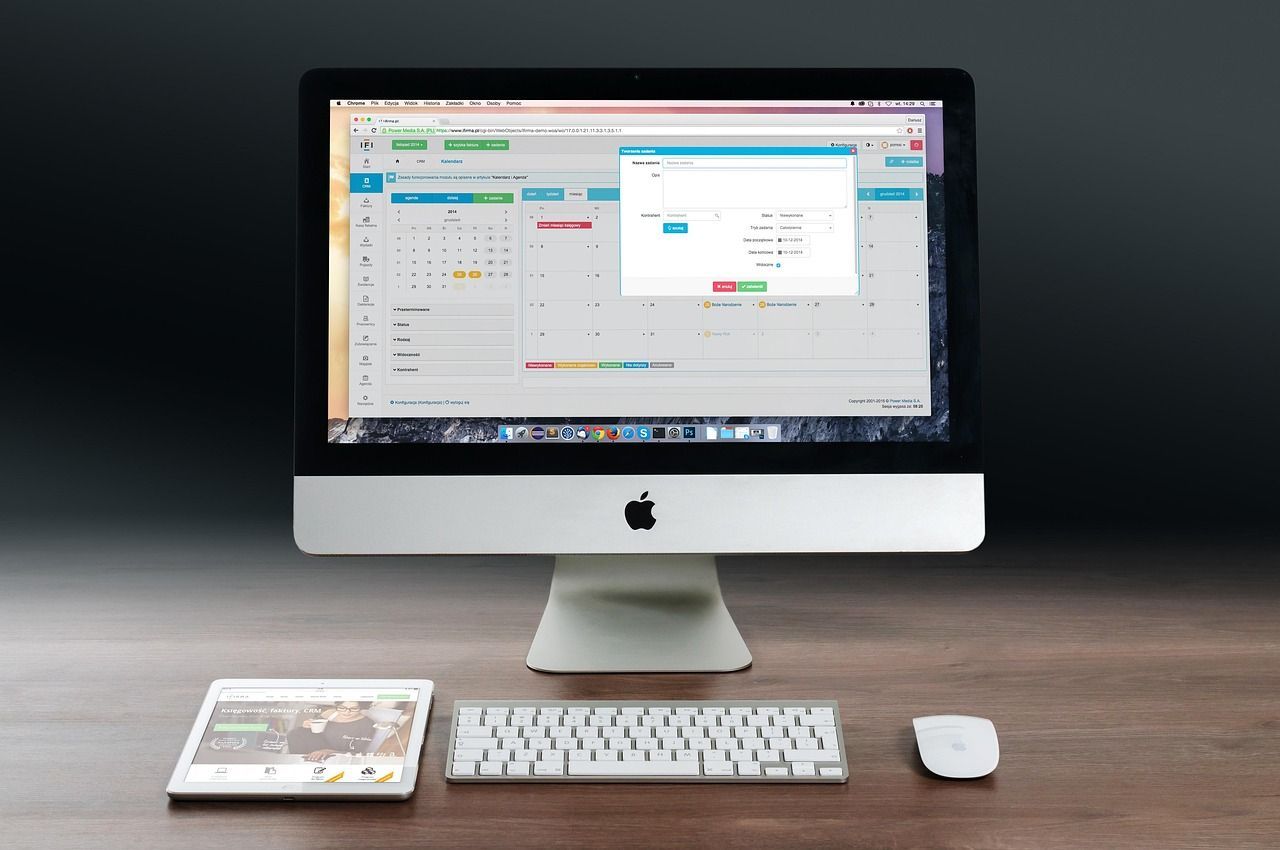
If you're a sole trader or landlord earning over £50,000 a year, big changes are coming your way. From April 2026, you'll need to comply with Making Tax Digital for Income Tax (MTD for ITSA) and while that might sound like it's a long way off, it’s closer than it seems. At Books and Business, we work closely with those in the trades and construction sector, and we know that admin is rarely top of the to-do list when you're running jobs, managing quotes, and keeping customers happy. But this change will affect how you keep records and report your income, so starting early is key. Lets get into what MTD for ITSA means for your business and more importantly how we can support you every step of the way.

Making Tax Digital for Income Tax Self-Assessment (MTD ITSA) is coming, now is the time to get prepared! Whether you're a sole trader, subcontractor, or running a small limited company, choosing the right accounting software will keep you compliant and help you stay in control of your finances. But with so many options out there, how do you choose the best MTD software for your business? Here are some key features to look for: HMRC Compatibility The most important feature is that the software you choose is MTD compliant. It should link directly with HMRC so you can send updates digitally as well as meet other MTD obligations. Ease of Use Your time is best spent on-site, not buried in admin. Choose software that’s straightforward and suits your level of accounting knowledge. Look for mobile apps and dashboards that give you access on the go. Automation & Reporting The best systems will save you time by automating recurring tasks, like invoicing, expense tracking, and mileage logs as well as offering clear reports to help you understand where your money's going. Pricing & Scalability Think about where your business is headed. Can the software grow with you? Choose a platform that fits your budget now, but also supports features like payroll, CIS returns, or multiple users down the line. What are the most popular software options: QuickBooks – A popular option for trades and small business owners, offering strong mobile tools and CIS features. Xero – Great for real-time visibility, simple bank feeds, and job costing add-ons. FreeAgent – Perfect for sole traders and subcontractors, especially those who like things kept simple. Sage – Well-established and ideal if you’re looking for a more traditional setup with solid support. You’ve chosen the software but why make the switch now If you’re still using spreadsheets or a paper-based system, we cannot stress enough that now is the time to go digital . Getting ahead of the MTD deadlines gives you time to learn the software, avoid penalties, and work out any teething problems before submissions are mandatory. A quick note to be aware ...... some banks now include accounting software when you open a new business account. However, it’s advisable to do your research first to ensure the software they are offering meets your business needs. We can help with your MTD journey; we offer a variety of packages to suit each individual’s needs, from basic set up to regular training or just ad hoc training on any areas you may be getting stuck with, we also offer full packages where we can do it all for you. Get in touch for more information.

With the 1st April deadline looming, its reported that 550,000 homebuyers are racing to complete purchases before stamp duty jumps back to its 2022 levels. We have read that sales awaiting completion are up 25% from last year, with an average five-month wait putting pressure on buyers to beat the deadline. Currently, first-time buyers pay no stamp duty on homes up to £425,000 when purchasing a property worth up to £625,000, but from 1 st April, that drops to £300,000. The upper limit will also fall from £625,000 to £500,000. It's not just the first-time buyers taking a hit, currently stamp duty is only owed on amounts over £250,000, however from 1 st April, only the first £125,000 will be exempt. Despite the cost increase, it looks like most buyers are still pressing ahead, with some even renegotiating offers to offset the hike. According to our research, regardless of the impending cost increases, property experts such as Rightmove are predicting the demand to stay strong; especially if interest rates continue to fall. With mortgage rates already dipping below 4%, we believe buyers remain hopeful for a more affordable market ahead.

